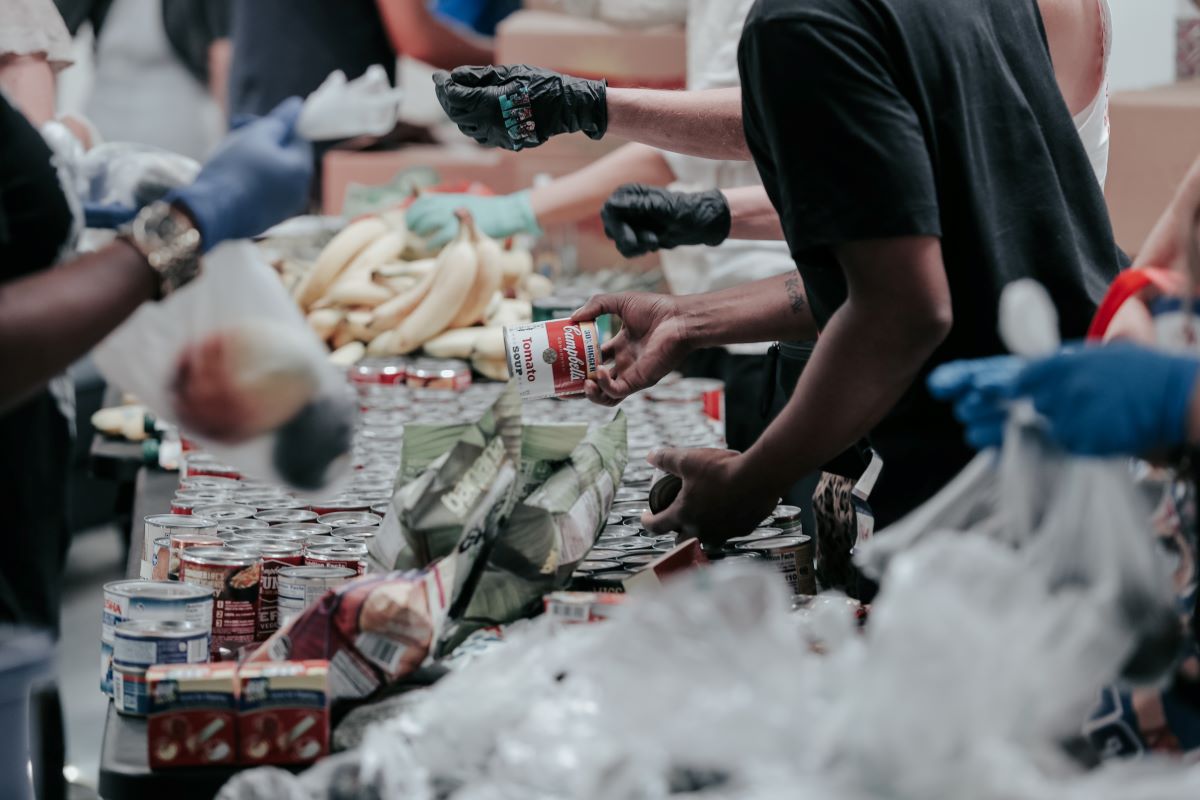Most People Don’t Realize They Subconsciously Think of Poor People as Less Deserving
You might not think anything of it when you flip through your closet, looking for items to donate. You set aside a few things in less-than-perfect condition – a hole here, a stain there. Of course, you’d never wear them yourself, but they should be good enough for someone who’s “really in need.”
But when you set different standards for yourself than you set for the imaginary recipient of your goods, you’re setting up a divide in value and placing yourself above the person in need.
“It may not be good enough for me, but it should be good enough for them,” is what you’re thinking. Following that thought, we end up in a clear hierarchy where the giver is better than the receiver.
If we want to truly make a positive difference in someone’s life, we need to think of them as our equal. Everything else is paternalistic patronization.
Making More Money Doesn’t Make You a Better Person
Most of us would agree with this statement on the surface. But when we dig deeper, the idea starts to come out wearing different disguises. If you’ve ever heard someone complain about why homeless people have smartphones, police the contents of a shopping cart when someone pays using EBT, or call into question whether poor people deserve to have nice things, those are veiled forms of this idea.
At the root of it, many people think that if you can pay for something, it means that you deserve to have it, and if you can’t pay for it, you must not deserve to have it.
That is flawed thinking since our intrinsic worth as human beings is not based on how much we have in the bank. Assessing what a person “deserves” is essentially assessing their worth as a human being.
If It’s Not Good Enough for You, Why Would It Be Good Enough for Someone in Need?
We have this pervasive cultural idea that beggars can’t be choosers. If someone is really in need, they’ll accept just about anything, no matter what condition it’s in.
Stained and damaged clothes for the food drive, half-eaten boxes of leftovers for the panhandler on the street, expired foods for the food pantry- these are all fair game in a lot of people’s minds. But when someone is at their most vulnerable, with basic needs going unmet and scarce comfort to be found, that’s when they most need something good.
When you’re sitting in your warm home on your comfortable couch watching your big screen TV, whether you have the store brand or the name brand mac and cheese hardly matters. But when it’s the only meal you eat that day, it could make a world of difference. Enjoying something nice for once might be the only thing that makes you smile on another difficult day.
That’s why when we give to people in need, we should give the best we have.
Giving Our Best Says, ‘You Are Just as Worthy as Me’
The quality of the goods we choose to pass on to those in need speaks volumes about how we really feel about them. Giving only items we would never use ourselves clearly communicates your deeply held belief that poorer people are less than. It communicates this regardless of whether or not you’ve yet recognized that belief in yourself.
Giving the best that you have sends a powerful message as well. It’s a message that people living in poverty and homelessness don’t hear often enough.
Giving the best you have says, “you are worthy.” It’s an acknowledgment that with a few different rolls of the dice, our roles could easily be reversed. It shows that you understand that having less money doesn’t mean you have fewer morals and that the innate worth of each human being is the same regardless of how our society has chosen to value them.
If you’re still skeptical, I encourage you to read through one woman’s experience of being hungry as a child and receiving help from a neighbor. The fact that she was freely given the best of her neighbor’s table made a big difference both in that moment and in her life since. It cut through the shame of having to ask for help in a time of need and nourished her body as well as her soul.
This Season, Give with Intention
Amid this gift-giving season, much attention is placed on the items we’re gifting each other. It’s not uncommon to lose sight of the fact that it’s really the thought that counts. Put thought into the items you donate this year, and really consider what you’re communicating with the items you choose.
Donating clothes that are in good condition but just don’t fit you is one thing, just like donating food items you don’t personally care for, but plenty of other people do. But don’t donate your cast-offs thinking that the person who receives them ought to be grateful to receive anything.
As you choose your donations, remember that the quality of the item you donate mirrors how you think of the recipient. Inspect each item and consider whether you would gift this to someone you respected – someone who was your equal. If the answer is no, then what does that say about you?
Donation centers surge this time of the year, and most receive a large volume of low-quality donations that can’t even be used. Choose your donations as carefully as you choose your words since they’re practically one and the same in this situation.
The last thing people living in poverty need this holiday season is yet another reminder of how little most people think of them.











